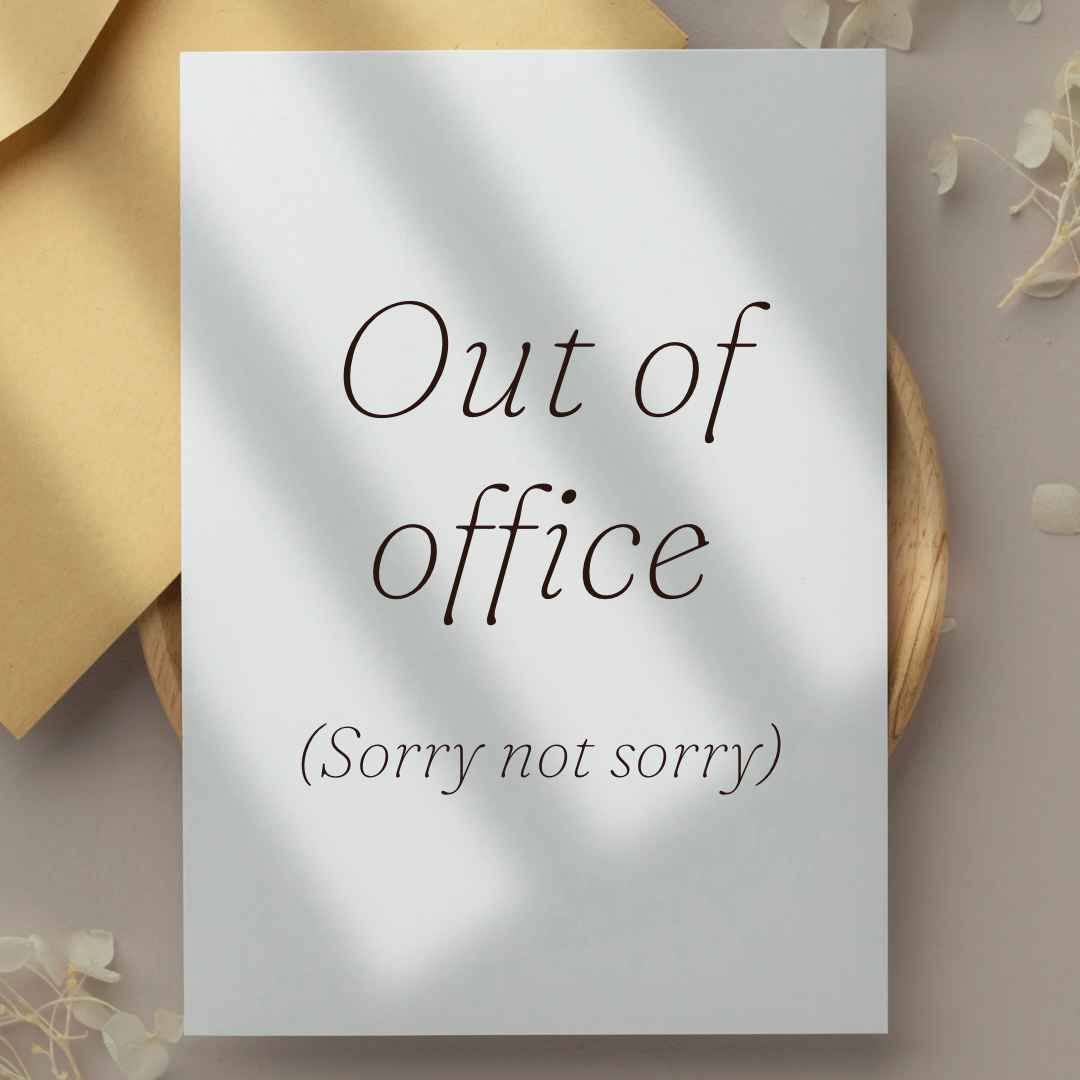Burnout is something that many of us experience at some stage in our careers, and it can leave us feeling utterly drained. You might find yourself feeling exhausted, stressed, and disconnected from your job. In this blog, we’ll explore what burnout truly means, how to spot it, what might be causing those feelings, and some practical steps to help you bounce back.
What Is Burnout?
Burnout is more than just being tired after a hectic week—it’s that deep-seated exhaustion that seeps into every aspect of your life, leaving you feeling emotionally, physically, and mentally depleted. It often creeps up on you after prolonged periods of stress, and if it’s not addressed, it can lead to significant health problems down the line.
Signs You Might Be Experiencing Burnout
Here are some common signs that may indicate you’re feeling burnt out:
- Constant Fatigue: You feel drained all the time, regardless of how much you rest.
- Drop in Performance: Tasks that once felt manageable now seem daunting.
- Negative Attitude: You might find yourself feeling cynical or detached from your work and colleagues.
- Irritability: Small annoyances that didn’t use to bother you now feel incredibly frustrating.
- Physical Symptoms: You could be experiencing headaches, stomach issues, or other physical discomforts.
- Loss of Motivation: The excitement you once felt about your work has faded.
If you see yourself in many of these signs, it’s possible you’re dealing with burnout.
What Causes Burnout:
Burnout can stem from Various factors, including:
- Heavy Workload: Juggling too many tasks and facing tight deadlines can really take a toll.
- Lack of Control: Feeling powerless over your work can create a lot of stress.
- Not Feeling Appreciated: If your efforts go unnoticed, it can lead to feelings of frustration.
- Unclear Expectations: Not knowing what’s expected of you can leave you feeling lost and anxious.
- Poor Work-Life Balance: When work encroaches on your personal life, burnout is often just around the corner.
How to Overcome Burnout:
If you think burnout might be affecting you, here are some simple steps that can help:
- Take a Break: Sometimes, all you need is a moment away from work. Whether it’s a vacation, a mental health day, or just a short pause during your day, taking time to breathe can work wonders.
- Set Boundaries: Strive to keep your work and personal life separate. Try to avoid checking emails or tackling tasks after hours. Communicate your limits to your coworkers so they can help respect your time.
- Prioritize Self-Care: Make time for yourself! Engage in activities that bring you joy—whether it’s pursuing hobbies, exercising, or hanging out with friends. Caring for your mind and body is crucial.
- Talk to Someone: Sometimes, just voicing your feelings to a friend or colleague can be incredibly beneficial. Sharing what you’re experiencing can provide relief, and you may find that they’ve felt similarly.
- Reassess Your Workload: If your tasks feel overwhelming, don’t hesitate to speak up! Discuss your workload with your supervisor and share your concerns. Together, you can strategize a more manageable approach.
- Seek Professional Help: If burnout is significantly impacting your life, consider reaching out to a mental health professional. They can offer support and coping strategies tailored to your situation.
Burnout is a genuine challenge that many people face, but remember—you don’t have to navigate it alone. Recognizing the signs and taking proactive steps can help you reclaim your energy and passion for your work. It’s completely okay to ask for help when you need it! Taking care of yourself is essential for feeling fulfilled and productive. You’ve got this!
